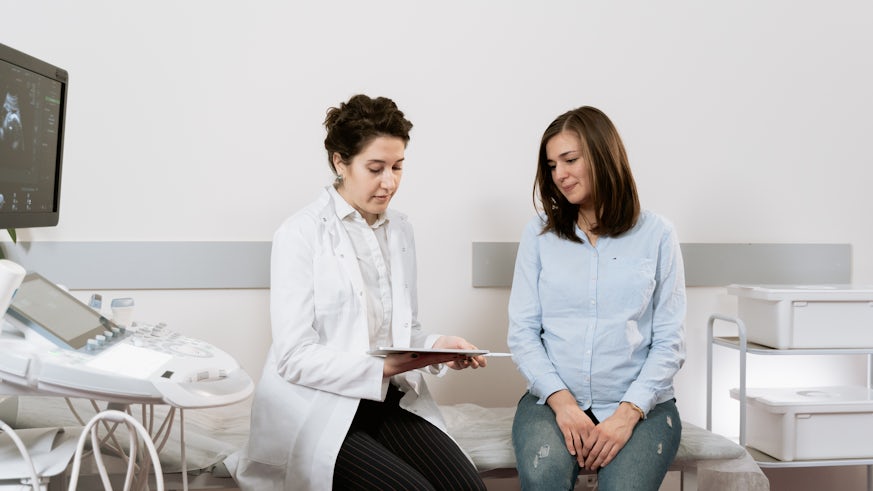First genetic evidence discovered which could separate diagnosis of postpartum psychosis from bipolar disorder
23 December 2021

A new research paper on postpartum psychosis and its link to bipolar disorder, led by researchers in the Division of Psychological Medicine and Clinical Neurosciences has substantiated differences between the two for the first time.
Until now, postpartum psychosis and bipolar disorder in women have been treated the same.
Published in The Lancet Psychiatry journal, the research, funded by Wellcome Trust and the Medical Research Centre (MRC), hopes to impact future clinical practise, offering women specific treatment and management programmes for each condition.
The team also hopes the paper will raise awareness of postpartum psychosis and support its recognition as its own disease entity within the bipolar disorder spectrum.
Lead researcher Dr Arianna Di Florio said:

This is the first genetic evidence that could inform the re-definition and classification of postpartum psychosis.
For more than 150 years postpartum psychosis has been shrouded in controversy, hindering research, and is not currently recognised as a diagnosis.
It's caused considerable confusion for clinicians and women, with potentially negative consequences.
The UK study involved 203 women with first onset postpartum psychosis, along with 1,225 women with bipolar disorder who had given birth, and 2,809 control women from the general population who did not experience the conditions.
Research Assistant Jessica Yang provided details of the research, “Previous research has shown some clinical differences between postpartum psychosis and bipolar disorder.
“We therefore compared the genetics for these disorders to better understand their differences and similarities.”
The paper suggests that postpartum psychosis may be partially genetically distinct from bipolar disorder with a postpartum recurrence, where these experiences had previously been comparable.
Jessica added:

In the past, researchers have shown that there are clinical differences between the two, but this is the first time these differences have been substantiated. It suggests that there are different but overlapping biological mechanisms at work and will help with the recognition of postpartum psychosis as a disorder in diagnostic manuals.
Of future research, Jessica said, “We’re hoping to expand on this study by collecting a larger sample of women with postpartum psychosis, collecting samples globally, as this sample was made up of people of European ancestry only.
“We’re also hoping to develop assessment tools for postpartum psychosis which can be used in different countries and cultures, with the help of healthcare professionals and women with lived experience.”
Read the full paper: Post-partum psychosis and its association with bipolar disorder in the UK: a case-control study using polygenic risk scores